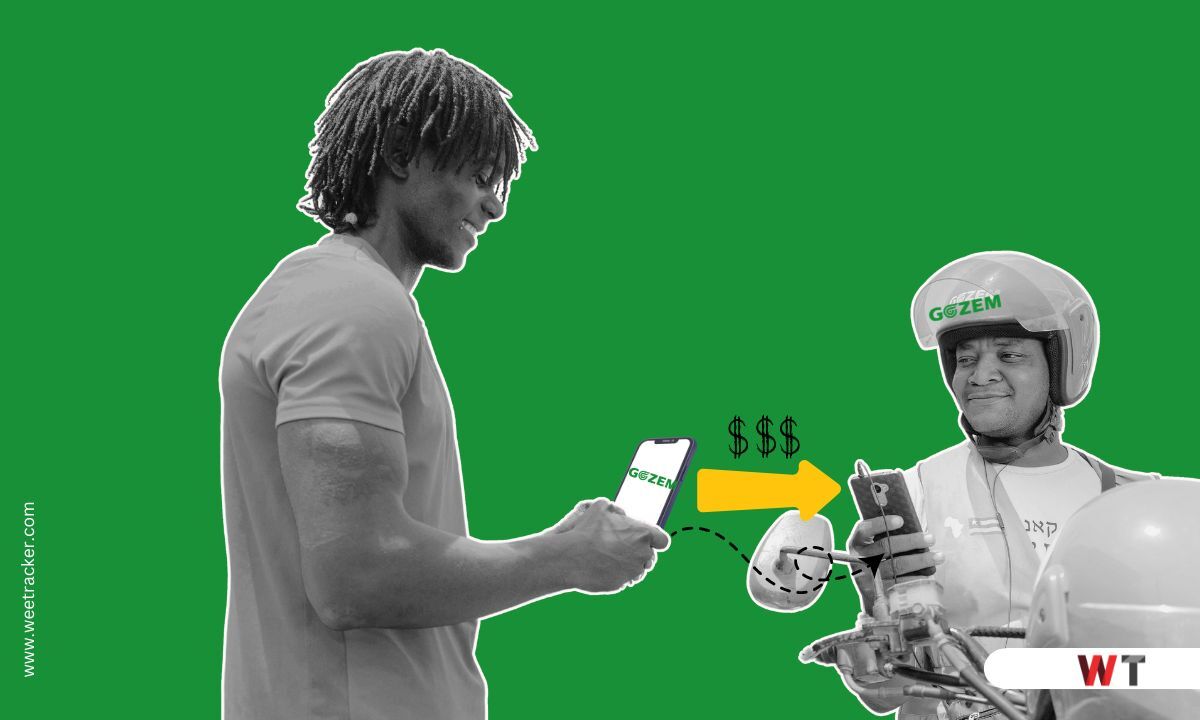Gozem Takes On Giants In Mobile Money Push Amid Super App Shakeup

Gozem, the Togolese startup known for its super app approach to transportation and logistics services in Francophone West Africa, is taking on the mobile money sector. This expansion positions the company at the heart of the booming fintech market across the region, even as Africa’s broader super app landscape delivers mixed results.
With the impending launch of Gozem Money in Q4 2024, the company aims to integrate financial services into its growing portfolio of offerings. Initially focused on ride-hailing, food delivery, and courier services, Gozem is now set to provide digital financial transactions, including money transfers, bill payments, and online purchases, through its app.
This strategic move follows Gozem’s acquisition of Beninese fintech Moneex in November 2023, which accelerated its financial services ambitions.
The acquisition of Moneex, a fintech specialising in multi-currency accounts, represents a crucial step for Gozem. By incorporating Moneex’s technology and expertise, Gozem not only ensures a smoother entry into mobile money but also secures a foothold in the competitive fintech market in Togo and Benin. Last year, Gozem’s CEO Raphael Dana explained the rationale behind the acquisition, stating, “We wanted a country that was not too big, where we could learn without intense competition like in Nigeria.”
This move reflects Gozem’s ambition to mirror the success of Chinese super apps like WeChat and AliPay. With 160,000 unique customers across four countries—Togo, Benin, Cameroon, and Gabon—Gozem is betting on financial services to diversify and strengthen its platform. As part of its strategy, Gozem Money will launch in Togo first, where mobile financial services are still developing but show significant growth potential.
Gozem’s Financial Expansion Amid Growing Competition
Gozem’s entry into mobile money comes at a time when the sector is seeing rapid growth in Africa. Mobile money services across the continent are projected to grow by 16-20% annually through 2030, driven by increasing financial inclusion.
However, the company is entering a competitive space, with Togo’s market already dominated by TMoney and Flooz which control virtually the entire market. Yet, despite these players, the potential for Gozem remains substantial. Togo’s mobile money penetration rate stands at 42.4%, significantly lower than regional leaders like Kenya and Benin, indicating room for further growth.
Partnerships with financial institutions will be key to Gozem’s success. Through its collaboration with NSIA Banque, Gozem Money will allow users to conduct transactions via the mobile app. The company also hopes to leverage its transportation network to promote widespread adoption of its financial services, an approach that could set it apart in a crowded marketplace.
By layering mobile financial services on top of its ride-hailing and delivery offerings, Gozem is drawing users deeper into its ecosystem. Dana previously noted the company’s plan to offer credit services that would enable customers to buy cars and further engage with the platform. This strategy, if executed well, could help Gozem replicate its early transportation success in the mobile money space.
Super App Aspirations in Africa
While Gozem pushes forward with its super app ambitions, Africa’s broader super app landscape tells a cautionary tale. The continent has witnessed varying results in the past few years. Notably, OPay, backed by Chinese investors, initially aimed to become Nigeria’s go-to super app. However, regulatory crackdowns on commercial motorcycles in Lagos forced OPay to pivot away from its super app model. Today, OPay focuses primarily on money transfers, having scaled back its broader service ambitions.
Gozem appears undeterred by these challenges. It continues to offer motorcycle-based transportation services, particularly in cities like Lomé and Cotonou, where motorcycles remain a key mode of travel. Unlike in Lagos, where regulators cited safety concerns in banning motorcycle taxis, Gozem has avoided similar restrictions, with Dana noting, “Directives on wearing helmets are enforced and diligently followed in the countries Gozem operates in.”
The company’s decision to stay the course on its super app vision in Francophone West Africa reflects its confidence in the region’s unique market dynamics. Currency stability within the CFA currency region also provides a more predictable environment compared to markets like Nigeria.
Gozem’s acquisition of Moneex and its planned rollout of financial services align with a broader strategy to expand beyond transportation and grow its footprint in underserved markets. “We started in Togo and wanted to be in the Francophone region because currency stability was an attraction,” Dana told Semafor Africa last year. With Togo serving as the launchpad, Gozem aims to eventually expand its mobile money service to Benin, Gabon, and Cameroon, where it already operates its transportation platform.
Gozem’s Long-Term Vision
For Gozem, mobile money represents more than just an added feature—it’s a critical component of its broader goal to become the go-to platform for a range of services in West Africa. As 57% of the continent’s population remains unbanked, the potential for digital financial inclusion is immense. By bringing financial services to its existing user base and beyond, Gozem hopes to position itself as a key player in the region’s fintech ecosystem.
Togo’s growing mobile money market, which reached a transaction value of FCFA 917 B FCFA (USD 1.54 B) in Q1 2024, presents a lucrative opportunity for Gozem. Its long-term vision is to become an integrated platform that meets the digital needs of millions of underserved people across Francophone West Africa.
While challenges remain—competition, regulatory hurdles, and user adoption—Gozem’s bold step into mobile money could help solidify its place in the region’s evolving digital economy. As the fintech landscape heats up, all eyes will be on Gozem’s next moves, which may well shape the future of super apps in Africa.